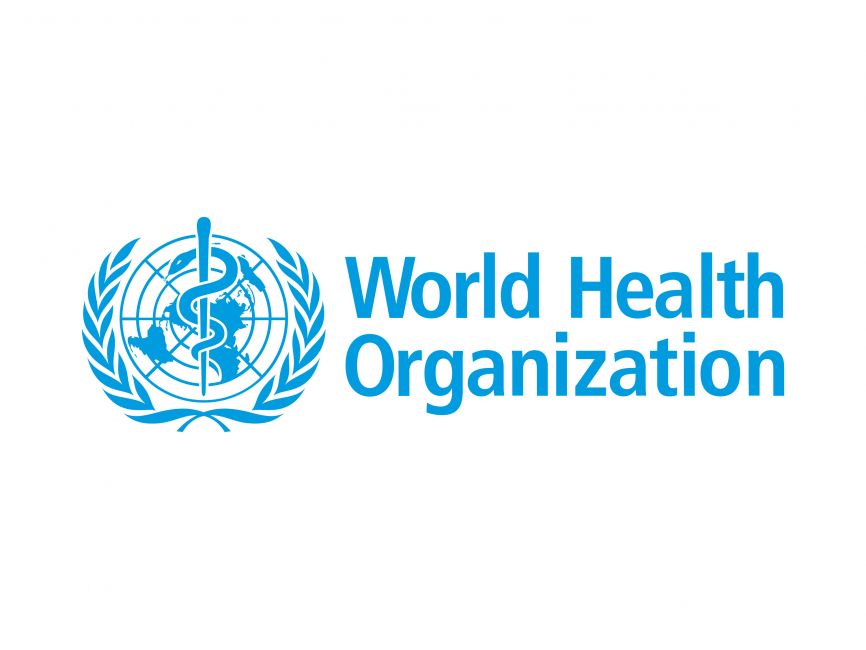News Flash

GENEVA, Nov 4, 2025 (BSS/AFP) - Urgent action is required to address a growing global crisis in financing vital health systems, as countries grapple with towering debt and plummeting aid, the World Health Organization said Monday.
The UN agency launched guidance for countries on how to counter the immediate and long-term effects of the sudden and severe cuts to external funding, which have dramatically disrupted essential health services in many places.
"The world is now facing a global health financing emergency that demands urgent, coordinated action," WHO chief Tedros Adhanom Ghebreyesus told a meeting of African Union member states in Geneva.
Under President Donald Trump, the United States -- traditionally the world's top donor -- has heavily slashed foreign aid, causing havoc across the globe, while other major international aid donors have been tightening their belts.
This has taken a dire toll in poorer countries in Africa and beyond, which have relied heavily on foreign assistance to cover basic healthcare needs.
The WHO said that in 2025, external health aid was projected to be down by more than 30 percent compared to 2023.
Data from March showed immediate disruptions in health services in around 70 percent of low- and middle-income countries.
- 'Critical shortage' -
"These sudden cuts are already causing widespread disruption to health systems and services. One third of countries now report critical shortages of essential medicines and health programmes," Tedros said.
He stressed though that even before the sudden cuts, "health financing was off track", with debt soaring during the Covid-19 pandemic, worsening longstanding public underfunding of the sector.
The current crisis, he said, thereby presents "an opportunity to leave behind the era of aid dependency and embrace a new era of sovereignty, self-reliance and solidarity".
Peter Sands, head of the Global Fund to fight AIDS, Tuberculosis and Malaria, agreed and said it was now "all the more important that African states accelerate their progress towards self-reliance".
- Health sovereignty -
In its guidance, the WHO urged countries to invest more in health and to prioritise health service access by the poorest.
It also called for health budgets to be protected even when public finances are under pressure, and to use assessments to prioritise services and products that have the greatest health impact per dollar spent.
In Africa, where health systems are particularly vulnerable and hard-hit by aid cuts, a number of countries are already striving to boost health spending and shake their aid dependence.
Nigeria, which hosted Monday's event, has for instance hiked its health budget by $200 million this year to offset aid shortfalls, while Ghana lifted the cap on excise tax earmarked for its national health insurance agency, raising its budget by 60 percent.
Increased spending on health "is not a cost, but an investment which yields very high returns", insisted AU health commissioner Amma Twum-Amoah.
"Africa must fund its own health future," she told the event, and "transition from health dependency to health sovereignty".